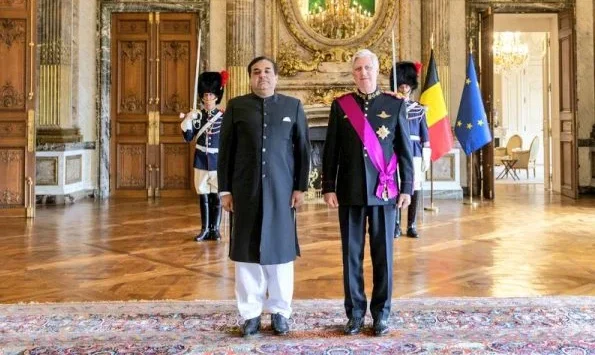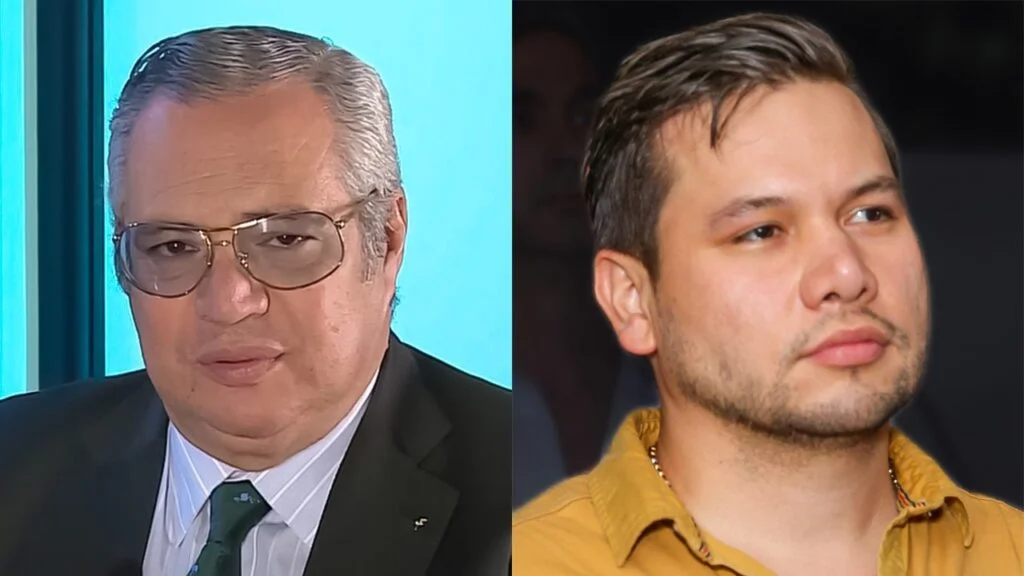
Brazil Enacts Nationwide Smartphone Restrictions in Schools
- World News
- January 18, 2025
- No Comment
Brazil Enacts Nationwide Smartphone Restrictions in Schools
Brazilian President Luiz Inácio Lula da Silva signed a new bill on January 13, 2025, placing restrictions on smartphone usage in schools across the country. This move follows a growing global trend aimed at curbing the impact of mobile devices on students’ well-being and academic performance.
The new law, effective starting in February 2025, will restrict the use of smartphones in elementary and high schools nationwide. The bill outlines that students may only use smartphones in cases of emergency, for educational purposes, or if they have disabilities that necessitate the use of such devices.
Education Minister Camilo Santana explained that children today are engaging with the internet at increasingly younger ages, making it challenging for parents to monitor their online activities. The bill seeks to reduce smartphone distractions and promote more focused learning.
Widespread Support for the Ban
The bill has garnered support across the political spectrum, with both President Lula’s allies and former President Jair Bolsonaro’s supporters backing the move. A survey by Datafolha, released in October 2024, revealed that nearly two-thirds of Brazilians support a ban on smartphones in schools, with over three-quarters of respondents believing that the devices do more harm than good for children.
Many parents and students are also in favor of the restrictions. Ricardo Martins Ramos, a father of two from Rio de Janeiro, said, “It’s tough, but necessary. However, she noted that the restrictions alone wouldn’t address all issues in schools, such as bullying and harassment.
Local Precedents and Global Trends
Before this nationwide restriction, several Brazilian states, including Rio de Janeiro, Maranhao, and Goias, had already passed similar local laws limiting smartphone use in schools. However, enforcement has proven difficult. In São Paulo, the largest state in Brazil, there are ongoing discussions regarding whether smartphones should be banned in both public and private schools.
Globally, many countries are tightening regulations around children’s smartphone use. China introduced restrictions on smartphone usage last year, while France implemented a ban on smartphones in schools for children aged six to 15. In the United States, eight states have passed laws limiting smartphone access in schools, aiming to reduce distractions and promote learning.
Concerns over smartphone use by children are widespread. Experts associate excessive screen time with issues like bullying, suicidal ideation, anxiety, and a lack of focus in the classroom. A UNESCO report from September 2024 highlighted that one in four countries has already implemented similar restrictions in schools to protect students’ mental health and academic success.
This legislation marks Brazil’s significant step in aligning with global efforts to reduce the harmful effects of excessive smartphone use among young people.







